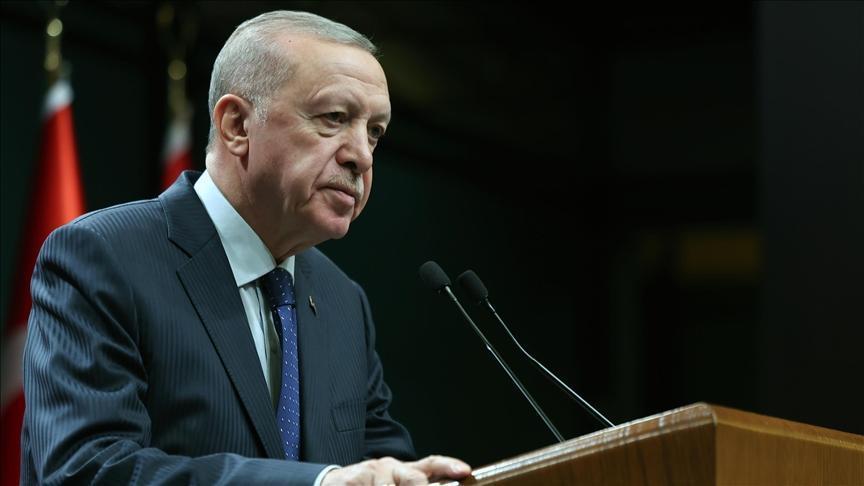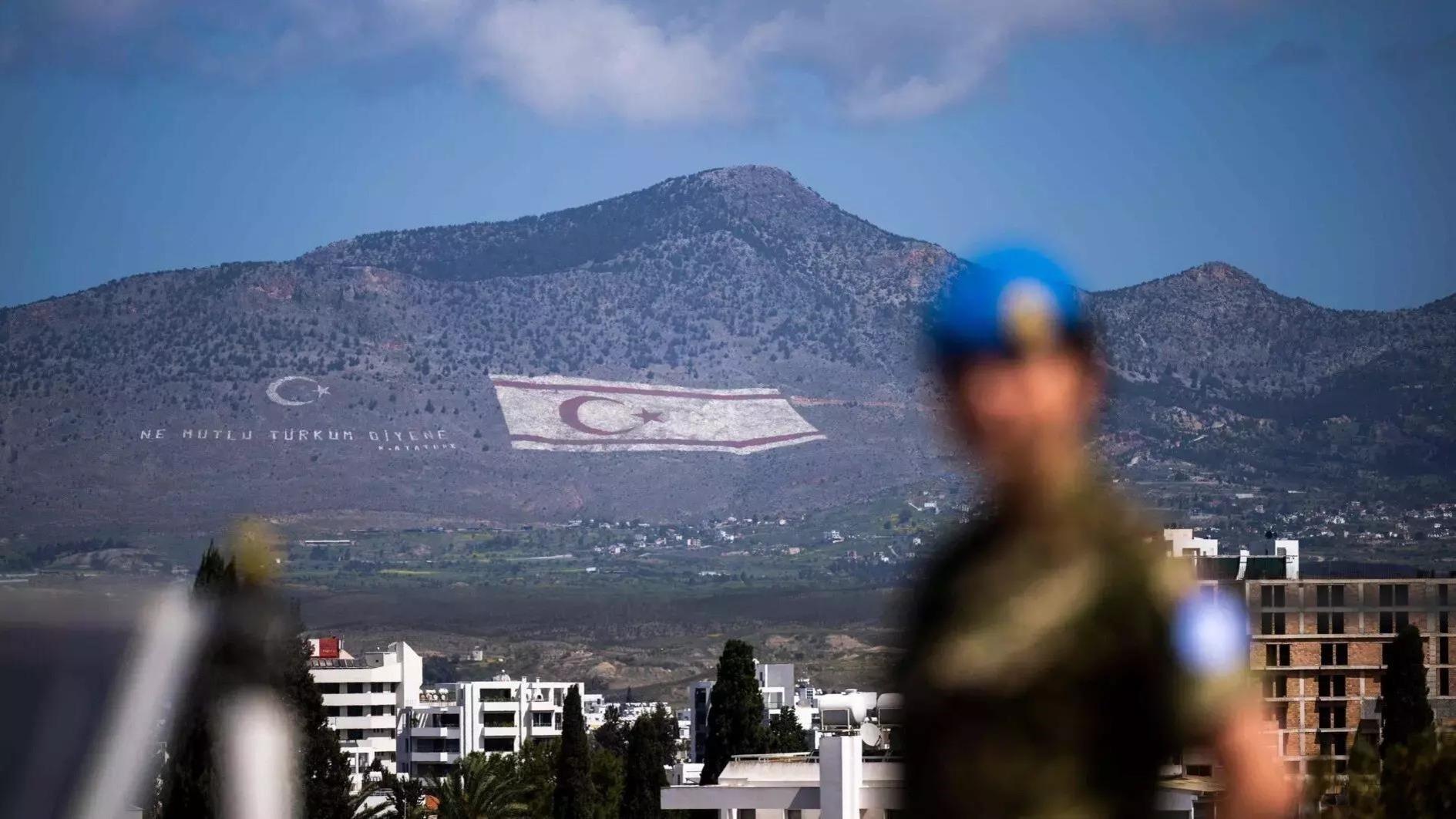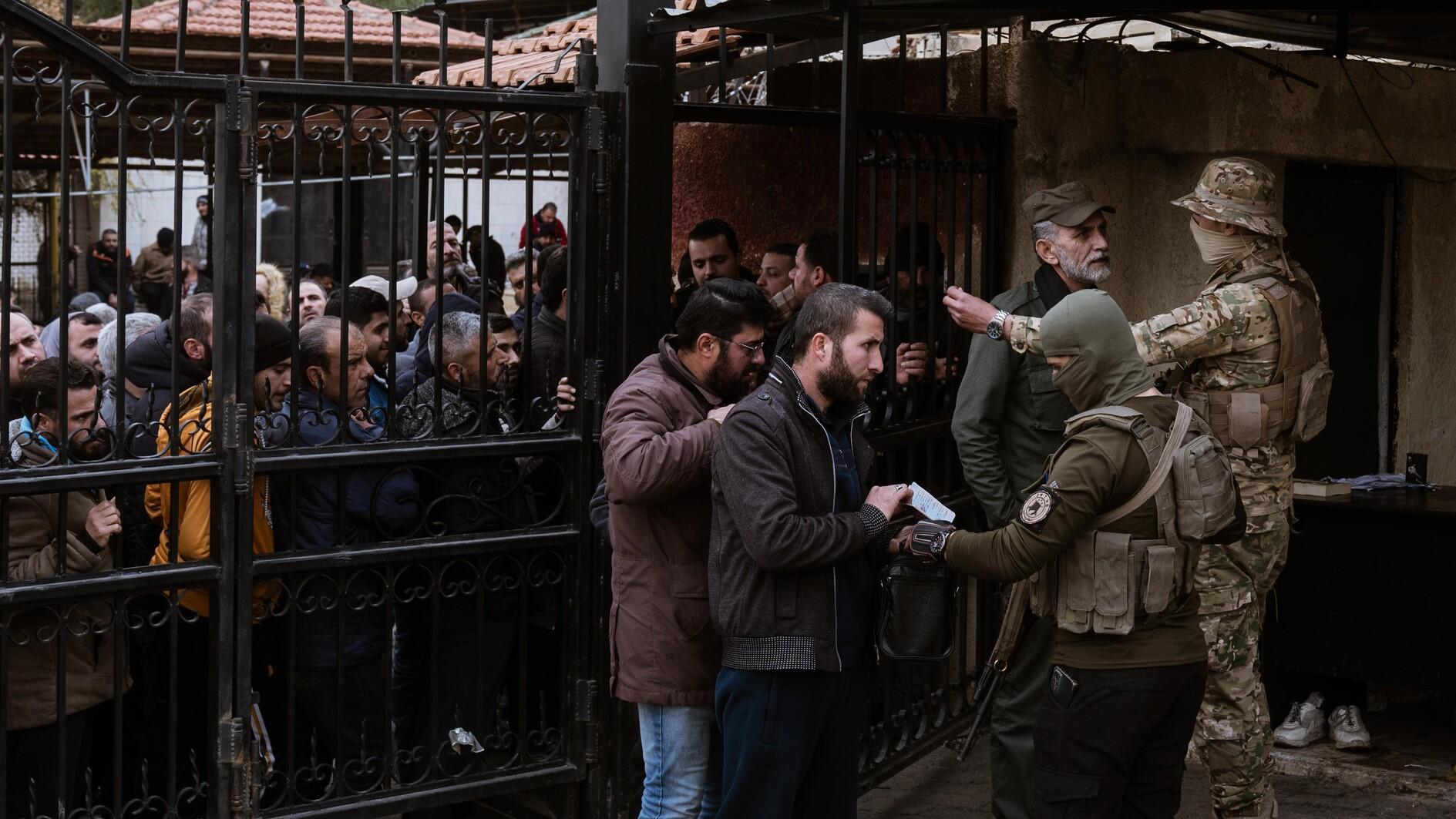The state has cheated teachers for years
Their number is nearing 400,000. I’m talking about the teachers who are not or cannot be appointed.
The Education Ministry made a move. It accepted that the representatives of the teachers met with top officials of the ministry in a TV program. Not a very easy job. Especially for civil servants who do not like these types of encounters. Salih Çelik (deputy undersecretary), Ömer Balıbey (director for training teachers) and Hamza Aydoğdu (acting director of human resources) sat in front of fierce young people – flames blowing out of their mouths – and explained some bitter truths to them.
Let me say what I should at the end here:
The nearly 400,000 teachers who are waiting for jobs at this moment are the victims of the wrong policies of former education ministers. It is justified that they claim their rights, but they should also start looking for other options in the face of the facts.
As I was listening to the youth, my heart sank. They have set their eyes on a dream and they have officially been cheated by the state.
The program that will be aired tonight highlights these facts:
- The Education Ministry does not guarantee a job for every teacher. Yes, in the past, wrong policies were adopted and such a balloon was created. Now, this course has ended. A new plan has been made. Those who cannot find jobs in the state should take their chances in other fields.
- The ministry needs a certain number of teachers. It cannot exceed that.
- It is out of the question that 30,000 people will be hired in February.
Well, you do sympathize with the young teachers. The state has encouraged the profession for years. It has closed its eyes to the number of graduates that exceeded the numbers needed; now they say, “Sorry, there has been a mistake, we are restructuring.” For the first time, a long-term strategic plan is being made; however, the victims of the present day have no solution.
The world of the commander
Retired Gen. Ergin Saygun’s book introduces you to a different world. It explains how Turkey looks from the world of the commanders.
The title of the book is “Türk Ordusunda Balyoz” (Sledgehammer in the Turkish Army).
It is not only the “Balyoz” (Sledgehammer) case in the book. More interestingly, you can understand how Turkey’s foreign relations look from the eyes of the commander. A significant portion of his life has been spent in international postings (especially as the permanent military representative in NATO) or in relations with allies. He can explain the Western world’s vision of Turkey, again through military glasses: “They want a Turkey that would not upset Israel, that would not overpower Greece and the Armenians. They do not want a strong Turkey.” He regards the European Union as belonging to the same conspiracy.
Indeed, the Balyoz case is also in the book. The message is this: “This is how you trained us. You have assigned duties for us. Whatever we did was applauded. Now, you are trying to sentence us with bogus cases. I have served my state for 43 years, now as a result of a fabricated case, I am asked to serve an 18-year sentence.”
To be frank, my doubts about the Balyoz case, after reading this book, have increased some more.










